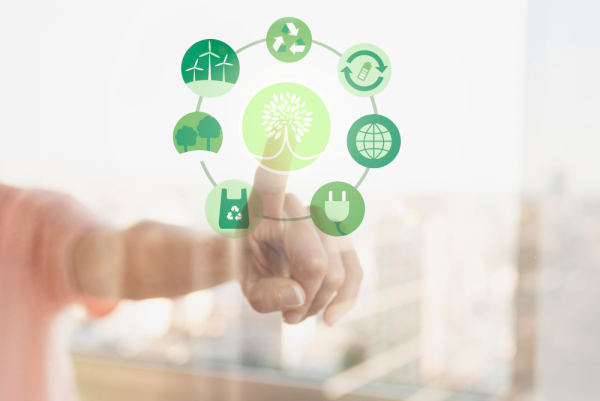
Italy’s Ecological Transition: Can Italy Lead the World?
Ecological transition is a process of changing from a high-carbon to a low-carbon economy. Italy is currently making an ecological transition in order to reduce its dependence on oil, coal and natural gas.
Italy is making an ecological transition to reduce its dependence on oil, coal and natural gas. The country has pledged to reduce dependence on fossil fuels by at least 80% by 2050. The Italian government has set a clear goal of achieving net zero emissions at the same time.
Italy has made some efforts towards the ecological transition. The country has started to produce more renewable energy than it consumes and it has increased its use of electric vehicles.
Norway has become the first country in the world to start producing more renewable energy than it consumes. The country is continuing its push for a fossil fuel free future and has increased its use of electric vehicles.
The Italian government also has set up goals for 2020, 2030 and 2050 that include the following: the share of energy coming from renewables should be at least 27%, emissions should be reduced by 40% below 1990 levels, and greenhouse gas emissions should be cut by 55% below 1990 levels.
In 2015, Italy made a commitment to reduce its environmental impact by 2020. This is one of the most ambitious sustainability goals in the world.
The Ecological Transition is a shift in mindset that has been happening for the past few years. It’s not just about reducing pollution and waste, it’s also about creating sustainable products and services that will have an impact on people’s lives.
The Ecological Transition will be an opportunity for Italy to become a leader in sustainability and innovation.
Introduction: The main goal of Italy’s ecological transition is to get its economy up and running again.
Italy’s ecological transition is a strategy to get the economy going again. The country is trying to reduce its dependence on fossil fuels and other imports, as well as improve the quality of life for Italians.
The main goal of Italy’s ecological transition is to get its economy up and running again. The country is trying to reduce its dependence on fossil fuels and other imports, as well as improve the quality of life for Italians.
Foreign investment in Italian Companies Pledges Green Commitment
Foreign investment in Italian companies has reached a peak in the last few years. This is mainly due to the green pledge that these companies have made.
The pledges include:
– Reducing CO2 emissions by 25% by 2020 and 50% by 2030
– Increasing the use of renewable energy sources to 20% by 2020 and 30% by 2030
– Reducing water consumption per unit of production by 20% until 2020 and 30% until 2030
– Increasing recycling rates to 60% over 10 years
The New Economic Framework in Italy has two main drivers- industrial transformation and sustainable development.
The new economic framework in Italy has two main drivers- industrial transformation and sustainable development. The country is planning to reduce their carbon emissions by 20% by 2030 and reduce the use of fossil fuels by at least 10%.
Italy is also looking to attract foreign investment, create new jobs, and improve productivity. They are doing this through a number of policies such as the “Made in Italy” policy which aims to increase exports, the “Industry 4.0” policy which encourages innovation in manufacturing and digital technologies, and the “Industrial Transformation” policy which aims to promote innovation through public-private partnerships.
Industrial Transformation in Italy
The Italian industrial landscape is changing. The shift in the production process has been driven by a number of factors, including the economic crisis, which has led to a reduction in labour costs and an increase in the need for automation.
In Italy, one of the most important changes is the transition from traditional manufacturing to industry 4.0, which has helped many companies to improve their competitiveness and reduce production costs.
Industry 4.0 is a concept that emerged from Germany and it refers to a set of technologies that allows manufacturers to integrate machines, software, robots and other digital systems into an intelligent network that can be controlled remotely.
The use of Industry 4.0 technologies will lead to new jobs being created but also many jobs being replaced by these new technologies – for example, robots